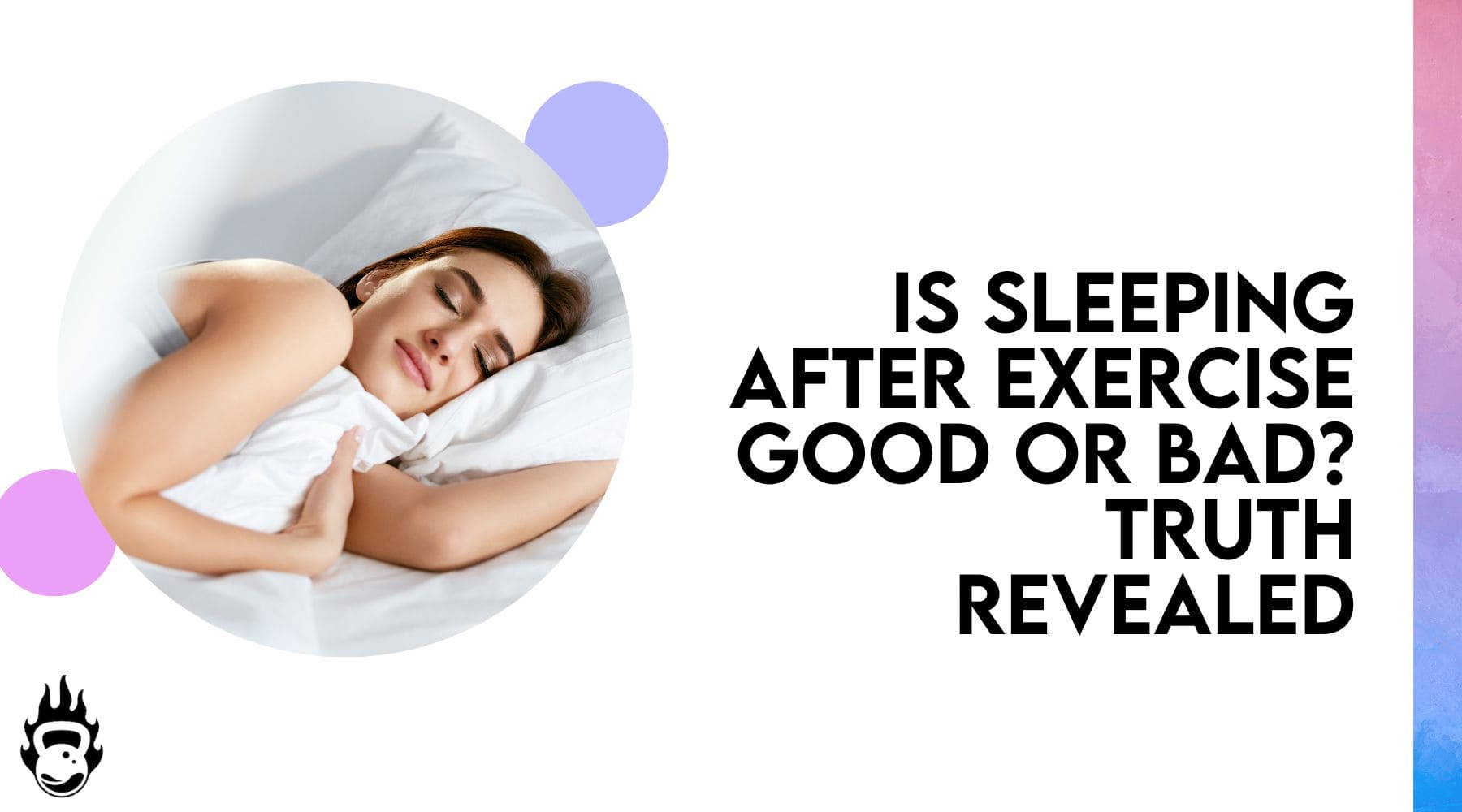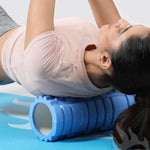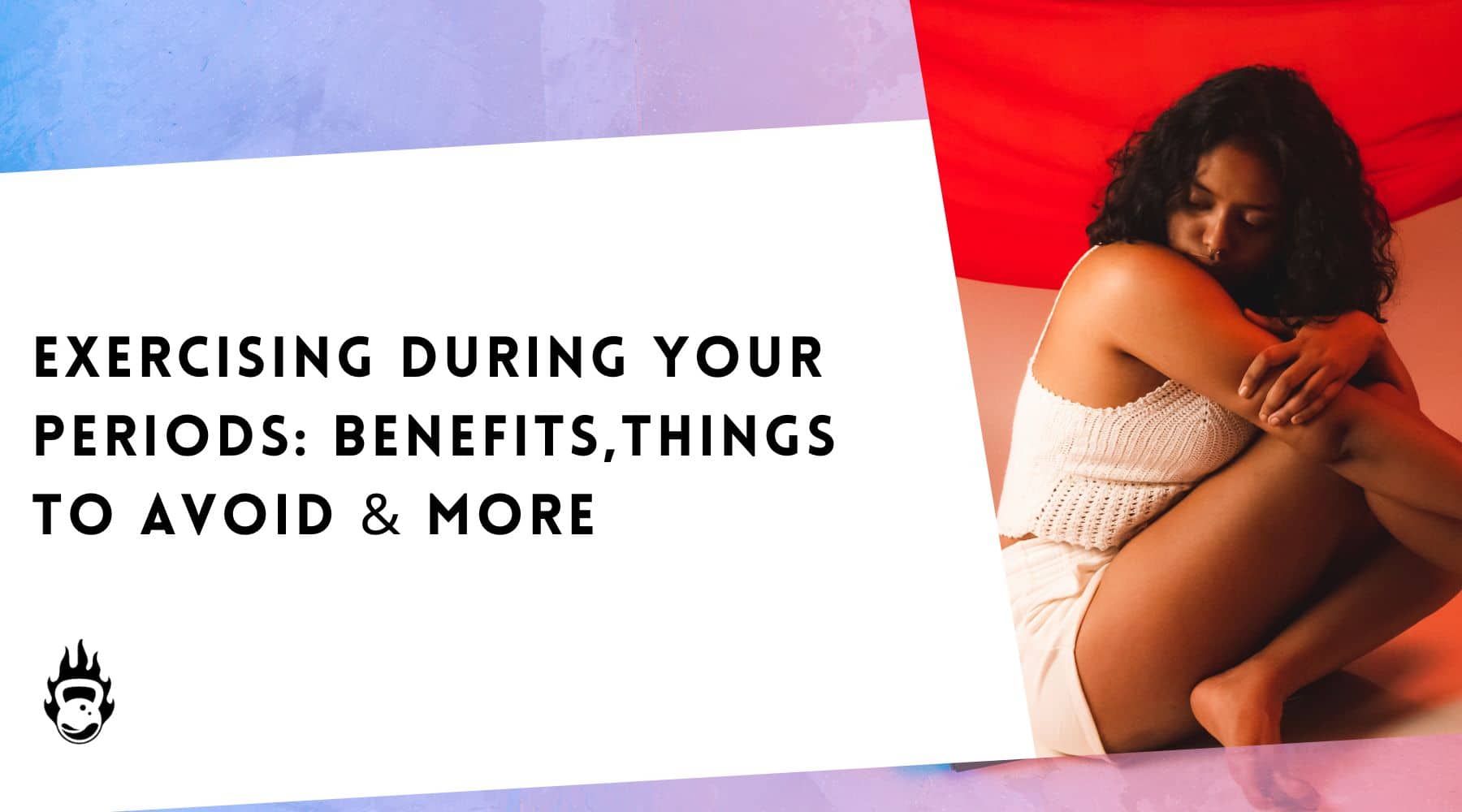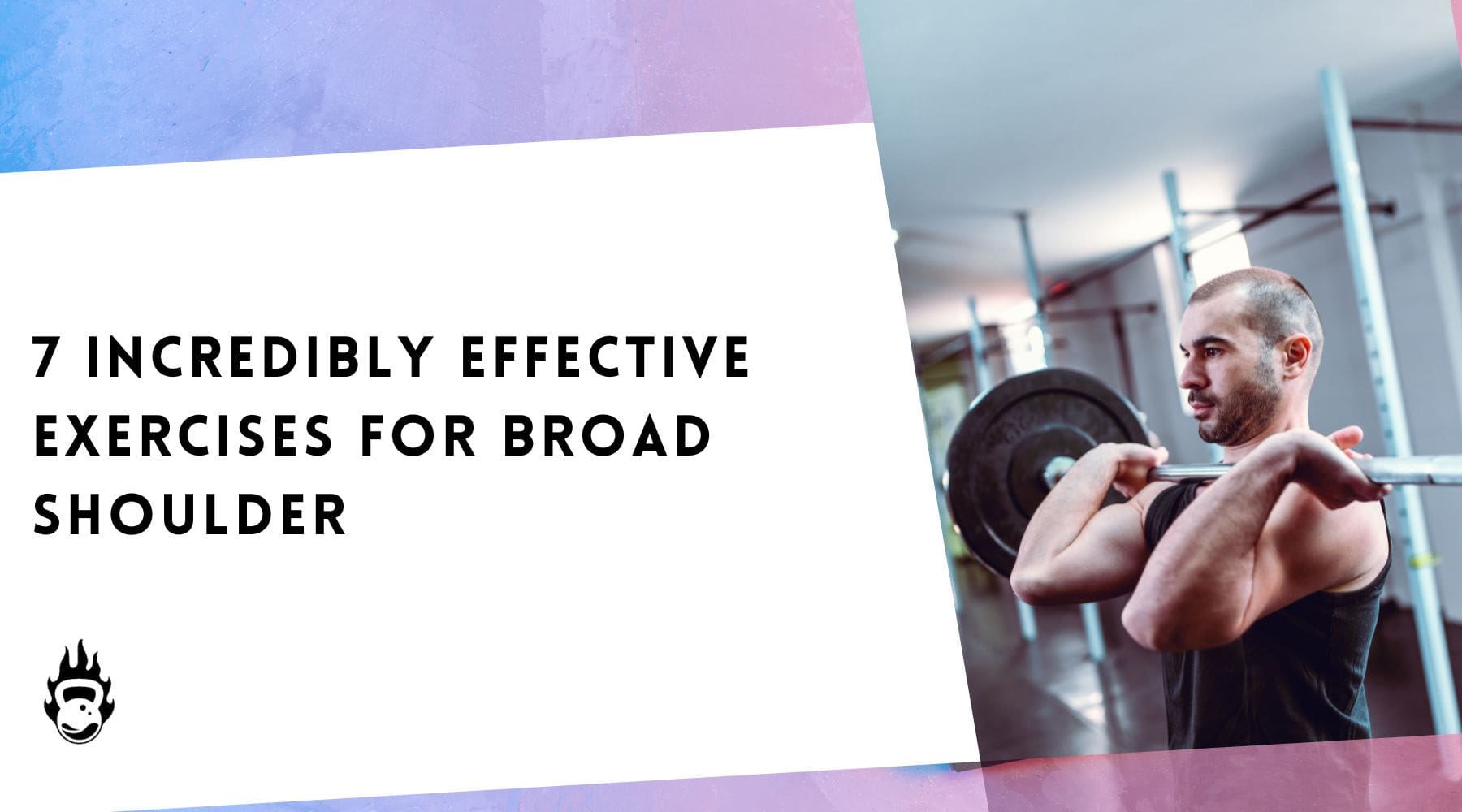Is Sleeping After Exercise Good Or Bad? Truth Revealed

You just got done with an amazing workout session. But now you feel a wave of fatigue washing over you. And then you wonder “After exercise, can we sleep?”
Not to worry, we’ve got the answer for you right here!
In this blog we’ll address this tricky question and also reveal why you feel sleepy after your workout, the importance of sleep post-workout, and a few tips on getting the best post-workout sleep ever!
After exercise, can we sleep?
Yes. After exercise, we can sleep.
But can we sleep immediately after exercise? That would depend on the intensity of your workout.
If you’ve only taken a brisk walk or jog, it might be OK to sleep right after exercise. But if you’ve just finished a HIIT workout, your body might be too wound up making it hard for you to fall asleep. So the best time to sleep after a workout would be around 60 minutes after your session.
Is It Normal to Feel Sleepy After a Workout?
Yes, it is normal to feel sleepy, especially after an intense workout.
This happens due to various factors including…
1. Depletion of glycogen
Your body uses glycogen to fuel all its activities including exercise. When you engage in high-intensity workouts, your muscles use up glycogen at a much faster rate thus leading to exercise-induced fatigue.
2. Hormonal fluctuations
Exercising releases hormones including adrenaline and cortisol that can make you more alert and energetic during your workout, but also make you feel tired and sleepy after your workout.
3. Dehydration
Science suggests that dehydration can cause fatigue and a slump in your mood and concentration both during exercise and at rest.
You might like: Taking A Bath After Exercise: What You Need To Know
Pros of sleeping after exercise
Here are a few benefits of sleeping after exercise.
1. Muscle recovery
There are 2 stages of sleep called REM (Rapid Eye Movement) and SWS (Slow Wave Sleep or non-REM sleep).
During the SWS phase, your brain activity is minimal, meaning there’s more blood supply to your muscles which enables growth and recovery.
Science also shows that 70% of your growth hormones (secreted by your pituitary gland) are naturally released during the SWS phase. These growth hormones are responsible for both muscle repair and tissue growth.
Growth hormones also aid in elevating levels of insulin-like growth factor (IGF-1) – another hormone that is crucial in muscle recovery.
2. Lower fatigue
When you nap after exercise, your muscles get a chance to recover thus kicking your post-workout fatigue to the curb! This means more energy to do everything else you love to do!

3. Lower cortisol levels
Overtraining leads to an increase in cortisol which can break down your muscle protein and inhibit muscle growth. High cortisol levels can also lower the production of growth hormone and testosterone, which are important for muscle repair and recovery processes.
Sleeping after exercise can help to lower cortisol levels and thus counteract these harmful effects.
You might like: Does Exercise Make Your Skin Glow? Answered By Experts
Cons of sleeping after exercise
The cons of sleeping after exercise include…
1. Reduced sleep quality
Since exercise causes a spike in your endorphins and body temperature, it might be hard to fall asleep or go into restful sleep right after your workout.
2. Can make you groggy
One of the effects of sleeping after exercise is that you might wake up disoriented instead of feeling refreshed. This is the sleep inertia effect and it could last up to around 30 minutes.
3. Affects your nighttime sleep
Taking a long nap after exercise might mean a lot of tossing and turning around in bed at night.
How long should you nap?
Wondering what the sleep timing for optimal recovery should be?
If you work out in the mornings, we recommend taking a 20-30 minute nap after your workout. Naps longer than this could cause grogginess and disrupt your nighttime sleep.
If you workout in the evenings, you might want to hold off on that nap and go to bed early instead to allow for optimal muscle recovery.
Tips for better sleep post workout
1. Timing is everything
If you intend to sleep after exercising, don’t do it so close to bedtime. As per the recommendations of a 2021 study published in Nature and Science of Sleep, athletes should consider scheduling their naps between 1:00 and 4:00 p.m. for optimal performance and recovery.
2. Hydrate
Ensure that you drink sufficient water after your workout and before your nap.

3. Stretch
Ensure you do a few post-workout stretches to cool down your body before you hit the bed.
4. Cool down your bedroom
Set your bedroom temperature anywhere between 15 to 20°C so that you can sleep comfortably.
5. Block out noise and light
Use earplugs or play some white noise if it’s too noisy outside your bedroom. You could also draw the curtains and wear a sleep mask to get the most out of your 30-minute nap.
You might like: Can Exercise Kill You? The Truth About Heart Attacks
Conclusion
We hope you now have the answer to the question, “After sleep, can we exercise?”.
So, the next time you feel drowsy after a workout, catch the z's you need to unlock your fitness gains and wake up refreshed and rejuvenated.








Leave a comment